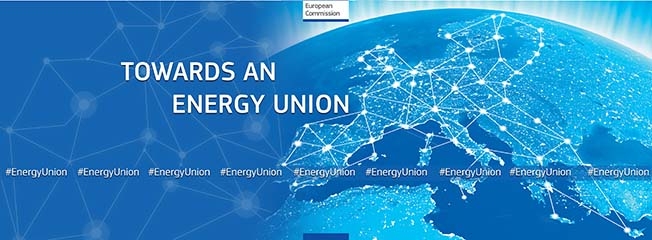NEON, the National Energy Ombudsman Network, welcomes the European Commission Communication on “Delivering a New Deal for Energy Consumers” which aims at putting consumers at the core of a thriving and functioning energy system.
NEON believes the Commission should
- Foster an ambitious Consumer Code to protect end consumers,
- Look carefully at the needs and interests of the different categories of consumers and how the system can meet their aspirations,
- Empower Ombudsman and ADR bodies to address cross-sectoral challenges and enable stakeholders to get a clear understanding of the market and to take necessary measures to solve systemic problems.
Three key points have been identified as core to delivering a new deal for energy consumers: consumer empowerment; smart homes and networks; data management and protection. Consumers will be empowered through better and more appropriate information on costs and consumption, and through an improved approach to active participation, demand response and self-generation.
The Communication calls for correct transposition and full enforcement of existing legislation and regulations to protect European citizens, at EU and national level, especially the Third Energy Package. Strong ADR procedures are a key component if we are to achieve the goals of the Energy Union. The Commission, in close cooperation with the Member States, should also carefully monitor the implementation of the ADR directive.
Nevertheless, NEON has some concerns about the European Commission’s views on best practice Member States should implement to ensure full protection for consumers. Access to information is key to make things easier and simpler for businesses and consumers. NEON believes the European Commission should foster an ambitious Consumer Code, a common framework to protect end consumers with effective standards for prices and price comparison tools, sales, switches, moving, contractual terms, unified communications, information on real-time consumption with smart meters, easily understandable bills, and complaint procedures, as mentioned in its position paper on the European Commission’s Energy Union.
Acknowledging the needs and interests of the different categories of users and consumers and how the system can meet their aspirations should be at the core of the strategy, and not how best can we fit the consumer to the system. Hence, backed with the expertise of social workers and local welfare agencies in the field, we as Ombudsman see that in the absence of sufficient alternative support mechanisms, market-based regulated prices, social tariffs limited to a well-defined group of vulnerable consumers and public service obligations can be (even temporally) useful and helpful to reach the goals of the Energy Union. Phasing-out completely of the regulated market may not be an ideal solution for many citizens as existing social security systems and energy saving support measures are not always sufficient to tackle energy poverty.
With the development of bundled services, smart technologies, self-generation, collective actions, community schemes, data management, intermediaries etc., new opportunities and challenges are emerging for consumers, whether they are households or businesses. Ombudsman and independent ADR providers should be empowered all across Europe to address cross-sectoral challenges and enable stakeholders, including consumer and welfare organisations, suppliers, DSOs, regulators and policy makers, to get a clear understanding and to take the necessary measures to protect and empower consumers.
NEON agrees that ‘with more options and offers, consumers need even greater assurances that they enjoy effective protection from unfair selling practices through closer cooperation between competent authorities.’ Ombudsman and independent ADR bodies will continue to work constructively with other stakeholders, to act as whistle-blowers and to provide a key advisory supports for policy makers. Systemic problems will be identified and solutions proposed to improve the service provided to all citizens, all consumers, not just to those who are the most likely to turn to the Ombudsman for help.
Ombudsmen and independent ADR providers are establishing a strategy to anticipate the new challenges described above. A dedicated working group on the “complaints of the future” will further analyse these developments. The first meeting of this working group will be set up in Barcelona on 2 September 2015.

